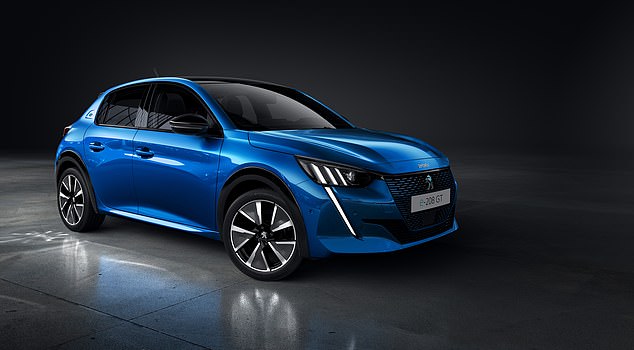Read The Full Article On: Thisismoney
Fifteen years seems like a long time but you can almost guarantee that 2035 will arrive sooner than we feel it will – and that date took on extra significance for our electric future this week.
From 2035 onwards, the sale of new petrol, diesel and hybrid cars will be banned and if we stick to that you can expect the majority of new cars sold to be electric about five years earlier.
That’s a long way from the current 2.7 per cent of sales. However, as someone who writes about both money and motoring, the wealth of questions I get asked about electric cars indicates to me that the demand for a sizeable uptick exists.
What holds most people back though is the cost. The choice and supply of second hand electric cars is thin and although the price gap with petrol and diesel models has narrowed, brand new electric vehicles are comparatively expensive.
Add to this that not everyone likes to buy new cars – if you’re like me you prefer to let someone else suffer the first few years of depreciation – and you can see why the rise of electric cars on the road lags the interest in them.
There is potentially, however, something of a financial game-changer for driving an electric car, which might save 32 per cent to 42 per cent of the monthly cost of getting behind the wheel.
The key to this is salary sacrifice, the same system many employers use for pension contributions, cycle to work schemes, and childcare vouchers, allowing workers to effectively pay tax-free.
It’s a fairly simple concept, you opt to forgo a certain chunk of your salary and your employer pays that into your pension, bike repayment, childcare voucher scheme instead.
This saves you both national insurance and income tax, which for a basic rate taxpayer is 32 per cent and a higher rate taxpayer 42 per cent.

